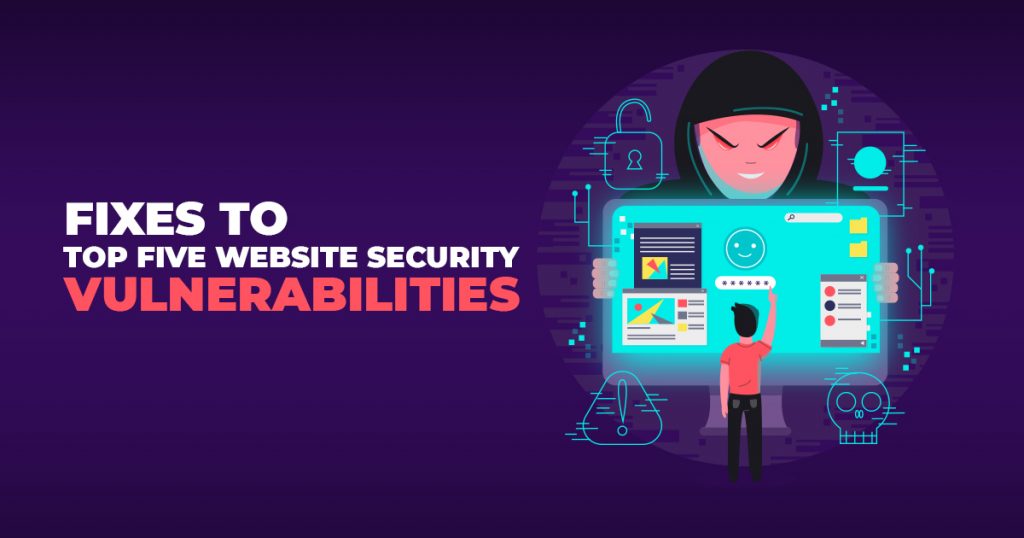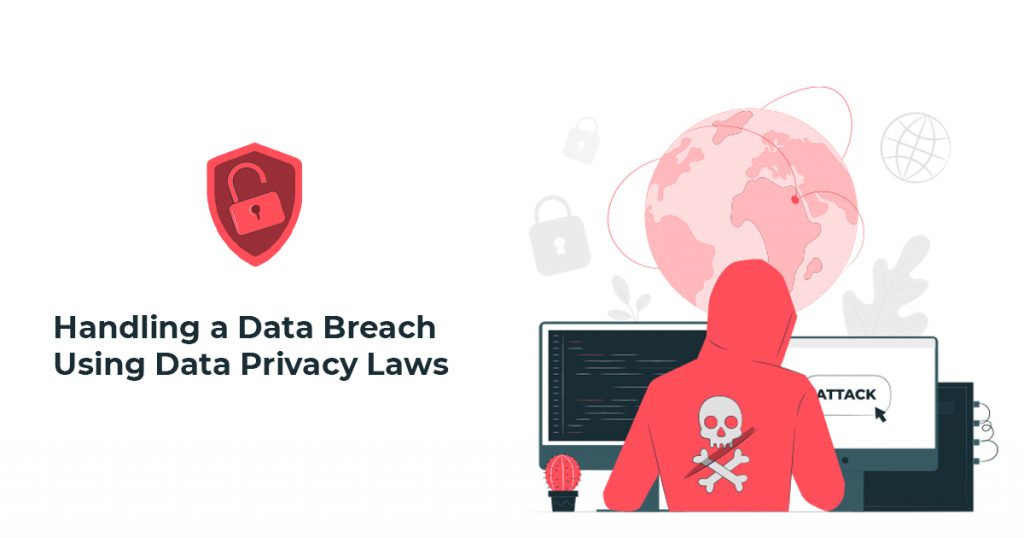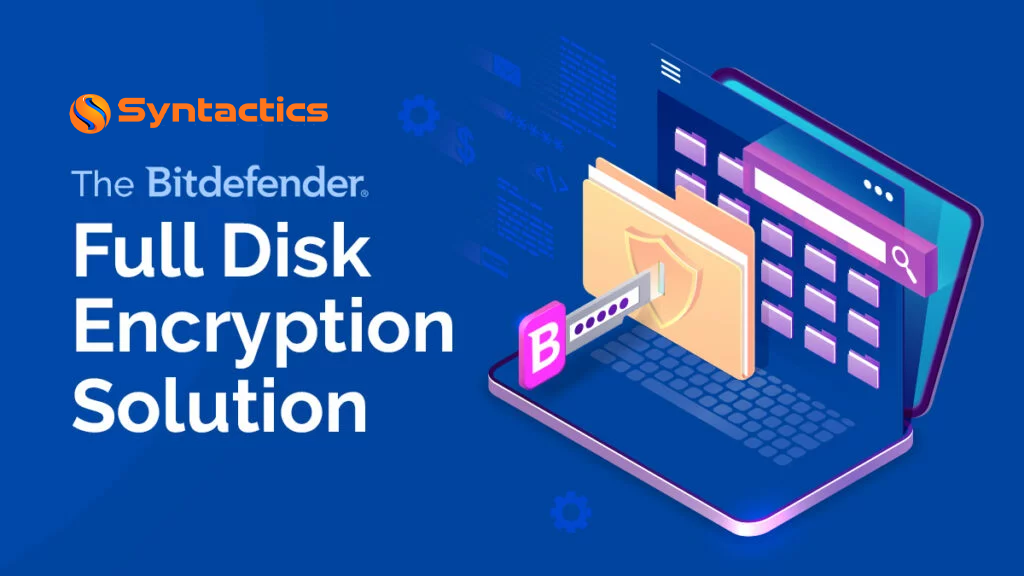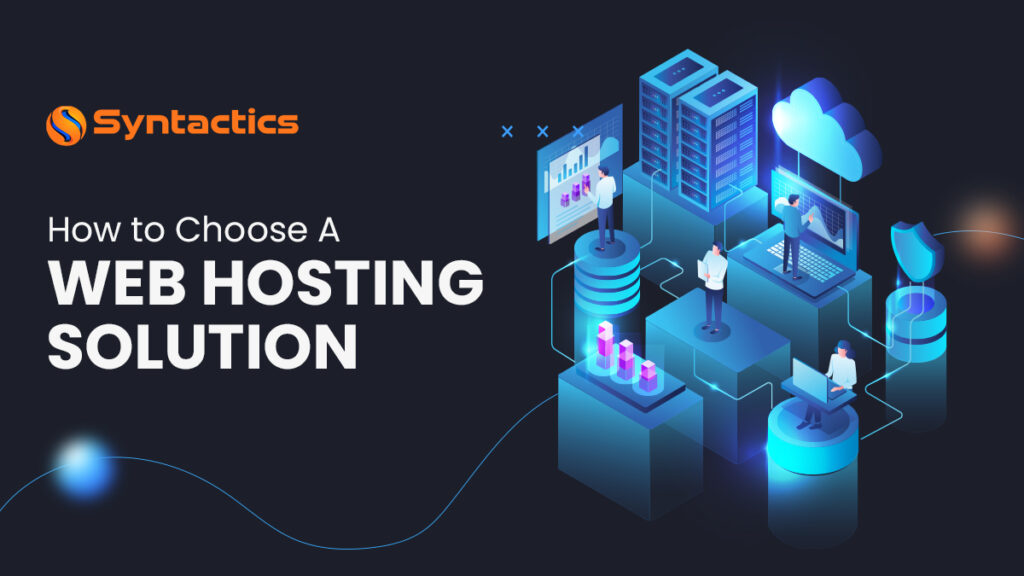
Web Security Plans for Government Websites
Governments rely more on digital platforms to deliver services, collect data, and communicate with citizens. That said, ensuring the security of government websites is paramount! Fortunately, robust web security solutions from a trusted provider can protect government sites from cyber threats.
As we live in an era of worldwide connectivity, government institutions are a prime example of an organization that must safeguard against online threats.
In the worst-case scenario, cybercriminals can access private data stored on a website to commit fraud, identity theft, and other crimes. Therefore, a simple firewall won’t protect government websites!
The Importance of Keeping Government Websites Secure
Government sites need to safeguard their platforms and information online since they manage citizens and their data! Government offices utilize private information for various routine transactions, but they must also protect that data from unauthorized access.
Let’s say a government sets up a website for the general public to input their personal information for certain transactions. Yet, the institution has no SSL certificate or even a security plan! Instead, all they have is storage.
As a result, if the government’s website database gets hacked, somebody could take its server. Since nothing stops hackers from accessing citizens’ personal information, they can use the stolen data to perform cybercriminal activity or sell it to third parties.
That said, the Center for Strategic & International Studies has recorded a number of significant cyber incidents dating back to 2006. The record includes attacks on government agencies and high-tech companies. It’s still being actively updated and has information on attacks as recent as March 2024.
Overall, it’s imperative to secure government sites, especially those that acquire personal information from its users, through web security plans!
Carefully Consider Your Local Data Privacy Laws
If your website handles sensitive data, you need to read up on your local Data Privacy Laws as a precaution.
Let’s say that your website gets hacked, and you lose all your data as a consequence. The appropriate Data Privacy Laws will guide you when dealing with lost sensitive data.
Once the information is leaked from your government website, you’ll need considerable manpower to solve the issue. Not to mention, you could lose data forever with little to no chance of recovery. In that regard, you’d probably have to rebuild your database from scratch!
Governments worldwide recognize the need to implement comprehensive web security plans to protect sensitive information. After all, consistently securing your government site from hackers costs way less than the alternative.
To know more about this, let’s delve into the methods for bolstering a government website’s cyber security:
Web Security Solutions
A web security solutions provider offers packages with website security features. These can protect government sites from all sorts of malicious digital attacks.
These plans are suitable for all website types, but the solutions can differ according to the site’s nature. For example, an SSL certificate is enough for recipe websites or blogs. However, a government site that handles personal information needs more robust security measures.
Fortunately, there are plenty of practices to ensure website security, including the following:
Firewalls
Firewalls are a barrier between a government website’s internal and external networks. They filter incoming and outgoing traffic to prevent unauthorized access! In addition, they protect against various cyber threats, such as:
- Malware;
- Denial-Of-Service (DoS) attacks
- Intrusion attempts;
- Data leaks;
- Application layer attacks, etc.
Encryption
Encryption technologies secure sensitive data transmitted over government websites. A web security solutions provider can implement strong encryption protocols to ensure that data exchanged between users and government websites remains confidential.
For example, they can use Secure Sockets Layer (SSL) to protect sensitive information from interception by unauthorized parties.
Multi-Factor Authentication (MFA)
MFA adds an extra layer of security by requiring users to provide multiple verification forms before gaining access. So, a government website may require the following:
- Passwords or Personal Identification Numbers (PINs);
- Biometric data, or
- One-time codes.
As a result, M4A can prevent unauthorized access, even if login credentials are compromised.
Web Application Firewalls (WAF)
WAFs will inspect and filter incoming website traffic to block malicious requests and prevent unauthorized access. They’re critical for protecting government sites and apps from common web-based attacks, including:
- SQL injection;
- Cross-Site Scripting (XSS), and
- Cross-Site Request Forgery (CSRF).
Security Training and Awareness Programs
Security training programs are an essential component of web security solutions. According to Cybersecurity Statistics, in 2024, the human element will be a common threat vector and cause 74% of data breaches.
That said, government employees should undergo cybersecurity training to learn about security best practices. Through these programs, they can become more aware of common cyber threats. At the end of the training, they can:
- Recognize phishing attempts;
- Avoid social engineering tactics, and
- Adhere to security policies and procedures.
Incident Response Planning
Government organizations should develop and implement comprehensive incident response plans. These plans include roles, responsibilities, and procedures for detecting and mitigating security breaches.
Incident response plans enable agencies to respond to and minimize the impact of security incidents effectively. As a result, governments can respond on time to cyber threats.
Compliance and Regulatory Frameworks
Government sites should also adhere to accepted cybersecurity regulations and compliance standards, like the General Data Protection Regulation (GDPR). Complying with these standards will demonstrate an organization’s commitment to data privacy.
Website Security Plans
Web security plans from solutions providers will differ in pricing, features, and levels. But almost all package tiers have the same style.
So, here’s what to expect in a web security package’s offerings to help secure government websites. (You might spot some similarities between multiple packages!)
Standard
The lowest tier of any web security plan’s pricing page typically has the least or the lightest features. It’s like an empty shell that’s easy to break, especially if you have no added security measures.
An unprotected website is vulnerable, especially if a virus infiltrates it. However, it’s not entirely void of usefulness! Regardless of whatever security plan you’ve purchased, websites always come with a firewall that keeps hackers out.
Thus, if any cybercriminals come knocking, they get blacklisted. Meanwhile, regular, non-malicious traffic comes and goes as it pleases. In addition, an SSL certificate comes with the firewall, so there’s no need to purchase an extra one.
Several web security plans have free malware-scanning features. It can search for malware on the server and through images on the site. However, some web security solutions providers offer site cleanup and remediation.
Site cleanup is when files affected by malware get released. It can occur annually or after a set amount of months! This way, you can prevent the creation of website vulnerabilities that malware can exploit. On the other hand, remediation is cleaning files affected by malware.
Advanced
An Advanced package is solid enough to defend your government site from a Distributed Denial of Service (DDoS) attack.
You may also find a Content Delivery Network (CDN) at this particular level. A CDN stores website files on a server near you. The proximity affects the speed, so the closer it is, the quicker the loading time!
This security plan may have a set amount of storage to keep backup data safe if anything untoward happens to your site. With a good web security package, you can generate and automate backups perhaps once a month.
Of course, it’s good to have system backups every month, but it’s a great practice to do it more often than that!
Premium
This last web security package tends to be the highest tier, meaning you get the best of everything.
With SSL, you get extended validation, as indicated by the lock icon on the URL address bar that indicates your website’s security. As part of the premium package, its SSL can also:
- Secure the site with encryption;
- Boost SEO rankings;
- Display HTTPS;
- Display a green address bar;
- Include a security trust seal for displaying on your site;
- Support unlimited servers, and
- Free unlimited reissues.
Additionally, purchasing a premium package could entitle you to prioritized cleanup and repair service! Moreover, your web security solutions provider can provide you with the necessary support for any issues you encounter at any time!
Lastly, you’ll most likely have a significant amount of storage compared to previous security solution plans! Most premium plans offer several hundred gigabytes for backup storage, a plus for government websites.
Protect Your Government Site from Cyber Threats with Web Security Plans!
Web security plans can safeguard websites of all kinds and the information stored on online platforms. Every security plan provider offers unique packages, but there are usually three tiers with features that become more useful as you go up.
Fortunately, web security solutions from the Philippines are suitable for all types of sites, including governments!





















Comment 0